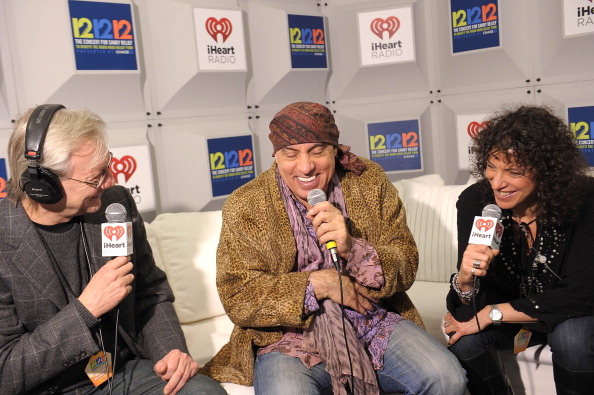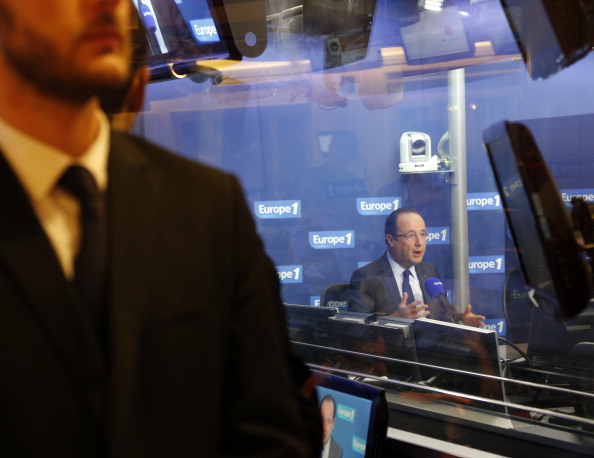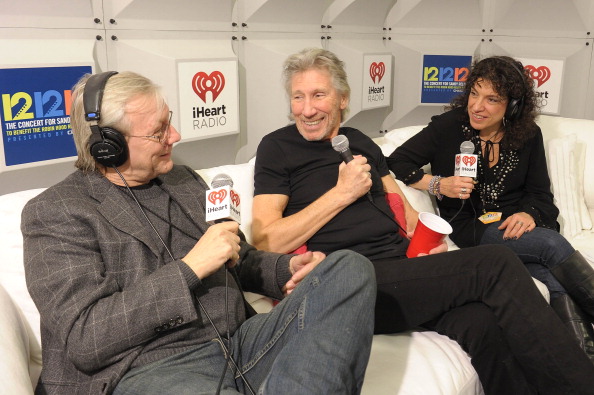How to Prepare for a Media Interview

Over the years, media has become immensely important all around the world and now it plays a huge role in forming opinions of the masses in a democratic system. Giving an interview to media, whether print or electronic, is quite a challenging task as you have to communicate your message clearly to a massive audience. A slight mistake can make you pay a heavy price. You must know what to express and what not to, in order to avoid controversies.
Confidence is one of the most important things when you are giving a media interview. However, avoiding a high anxiety level is extremely difficult if you are inexperienced or not well prepared.
Instructions
-
1
Do your home work
Once you are contacted by a media organization for an interview, you must ask for the topics and the sort of questions you will be asked. If you are clear about the topic or the point of discussion, you will be in a much better frame of mind to concentrate on your preparation. Build your arguments before the interview and collect statistics or figures to strengthen your communication level. If you are well prepared, you will be naturally more confident.
-
2
Build a rapport with the interviewer
No one can afford to have bad terms with journalists these days. Before you start giving the interview, build a friendly rapport with the interviewer and make him/her feel comfortable with you. If you are successful in creating a strong relationship, the journalist will be pushed to ask relatively easy questions. Some of the celebrities, who get rude with the reporters, have to face a very tough time during interviews.
-
3
Be rational in your answers and your simple language
During the interview, it is extremely important that you give rational and sensible answers, instead of getting carried away with emotions. Once you have agreed for the interview, the interviewer has the right to ask you any question, even if they are harsh; therefore, you need to be cool-minded and try to give your answers without having to speak too loudly. Build your argument with logic and statistics, which will add value to your communication.
Some people tend to use difficult language or phrases during an interview, which are extremely hard for a common man to understand; hence, it is important that you use simple verbiage, which will help you to communicate your message to a larger audience.







